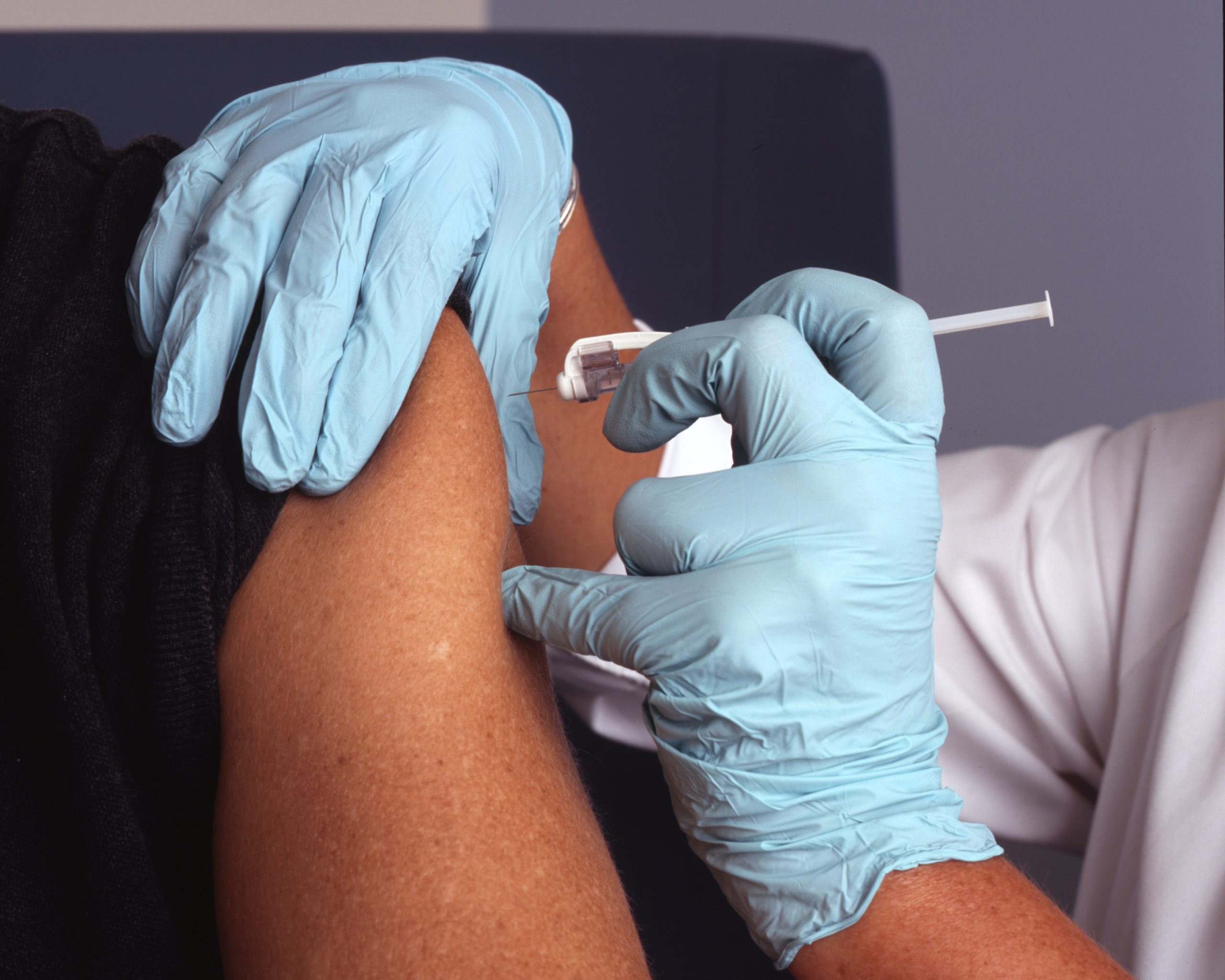
Elevating Patients as Partners in Management of Their Health Data and Tissue Samples
Summary
From HIPAA to doctor-patient confidentiality, the U.S. healthcare system is replete with provisions designed to ensure patient privacy. Most people are surprised, then, to hear that patients in the United States do not legally own nearly any of their health data: data as diverse as health and medical records, labs, x-rays, genetic information, and even physical specimens such as tissue and blood removed during a procedure.
Providing patients with agency over their health data is necessary for elevating patients as partners in their own health management—as individuals capable of making genuinely informed and even lifesaving decisions regarding treatment options.
The next administration should pursue a two-pronged approach to help do just that. First, the administration should launch a coordinated and comprehensive patient-education and public- awareness campaign. This campaign should designate patient data and tissue rights as a national public-health priority. Second, the administration should expand provisions in the Cures 2.0 Act to ensure that healthcare providers are equally invested in and educated about these critical patient issues. These steps will accelerate a needed shift within the U.S. healthcare system towards a culture that embraces patients as active participants in their own care, improve health- data literacy across diverse patient populations, and build momentum for broader legislative change and around complex and challenging issues of health information and privacy.
FAS is launching the Center for Regulatory Ingenuity (CRI) to build a new, transpartisan vision of government that works – that has the capacity to achieve ambitious goals while adeptly responding to people’s basic needs.
This runs counter to public opinion: 4 in 5 of all Americans, across party lines, want to see the government take stronger climate action.
Cities need to rapidly become compact, efficient, electrified, and nature‑rich urban ecosystems where we take better care of each other and avoid locking in more sprawl and fossil‑fuel dependence.
Hurricanes cause around 24 deaths per storm – but the longer-term consequences kill thousands more. With extreme weather events becoming ever-more common, there is a national and moral imperative to rethink not just who responds to disasters, but for how long and to what end.